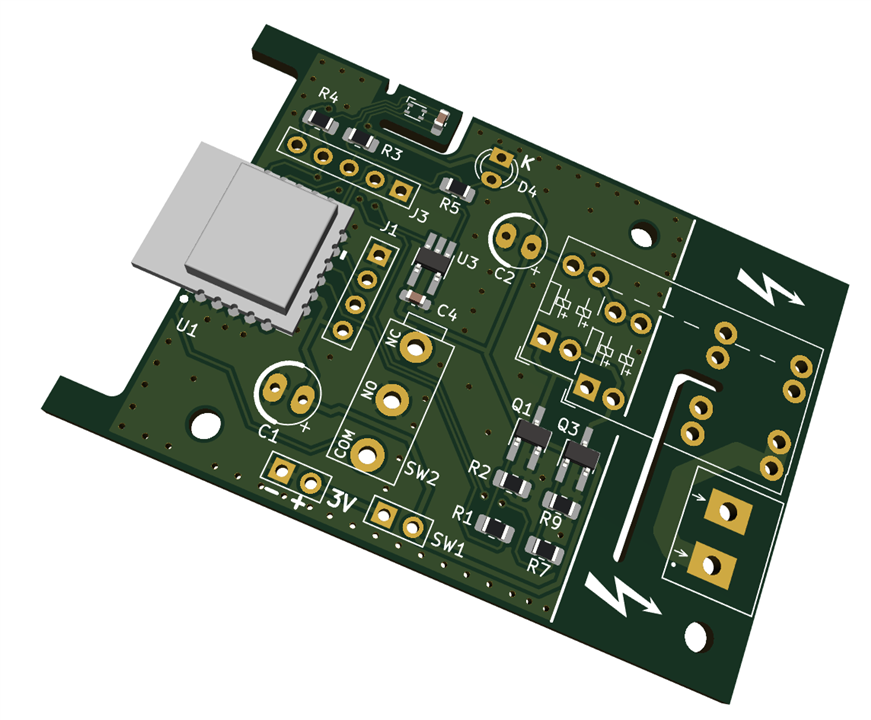I am in the process of completing a Fuel Oil Tank sensor for my home. I originally worked on code to maximize battery life assuming the need to have a battery, but recently realized I could just implement a USB power converter near the oil tank to feed the sensor. It made me wonder what sensors would require battery support over low voltage direct cable. Here is a list of sensors I believe would not require batteries, and after that list which one's would need batteries. I would enjoy hearing feedback on my list and your perceptions on use of batteries in home sensors.
Don't need batteries:
1 Appliance sensors, including plugs, lights, switches, kitchen appliances, water heater, laundry appliances, HVAC, overall power monitoring and water monitoring.
2. Human location and environmental sensors, including PIM or room movement, environmental (air/gas, temp, level of light, etc.). Also, mmWave sensing for GPS like functionality in the home.
3. Security camaras for outside house where the camaras are mounted on the house (Wi-Fi and POE). In-house camaras that are mounted in the ceiling or in entertainment\computer devices.
Do need batteries:
1. Stand-alone camaras for in-house (Naney cams, or other hidden cameras) Note: many room camera could be connected to existing entertainment or computer devices in a room eliminating the need for batteries
2. External disconnected cameras and environmental sensors (weather stations), and other remote monitoring for security or eventing.
3. Human wearable devices
as you can see the list of Do not need is extensive and the need for most of the do need are limited use, with the only exception being wearable devices.
Let me know what you think.
Pat

